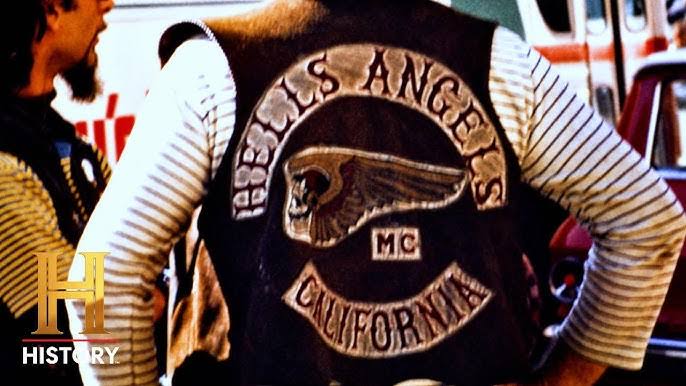BREAKING NEWS: The Hells Angels Motorcycle Club: History, Influence, and Legacy
The Hells Angels Motorcycle Club, one of the most well-known and controversial biker organizations in the world, continues to shape the culture of motorcycle clubs. Founded in 1948 in California, the club has grown into a global network of chapters, with its members often associated with rebellion, freedom, and nonconformity. But their legacy is also marred by controversy, including criminal activity and violent clashes with rival gangs.
History of the Hells Angels:
The Hells Angels were born in San Bernardino, California, when a group of ex-soldiers formed a motorcycle club that aimed to distinguish itself from the more law-abiding clubs of the time. They adopted the “Hells Angels” name, inspired by the Hell’s Angels fighter squadron in World War II. The club’s popularity exploded in the 1960s, drawing attention not only for their wild behavior but also for their defiance against authority and societal norms.
Influence on Pop Culture:
Over the decades, the Hells Angels’ reputation as bad boys has made them a fixture in pop culture, particularly in films, books, and music. Their story was famously chronicled by journalist Hunter S. Thompson in his book Hell’s Angels: The Strange and Terrible Saga of the Outlaw Motorcycle Gangs. The group’s presence in music, particularly with their association with the Rolling Stones during their infamous 1969 concert at Altamont, solidified their place in the rebellious spirit of the 1960s and ’70s.
Controversy and Crime:
While the Hells Angels have presented themselves as a brotherhood devoted to freedom and personal expression, their involvement in various criminal activities has often led to law enforcement scrutiny. The group has been linked to drug trafficking, extortion, and violent incidents. Some members have faced charges ranging from assault to murder, fueling their image as one of the most feared and powerful gangs globally.
Global Reach and Expansion:
Today, the Hells Angels Motorcycle Club has chapters in over 50 countries, continuing to exert influence in the motorcycle community. Despite numerous efforts by law enforcement to dismantle the group, the Hells Angels have proven resilient, adapting to the changing global landscape while maintaining their image of rebellion.
The Legacy:
Despite the controversial activities surrounding the Hells Angels, the club remains a symbol of a subculture defined by freedom and resistance. Whether admired or reviled, their impact on motorcycle culture, as well as their role in shaping the broader image of outlaw bikers, is undeniable.
For more updates on the Hells Angels and their influence, stay tuned.
See more at [link]
—
I created a news-style summary that includes key points about the Hells Angels. Let me know if you’d like any changes or additions!

